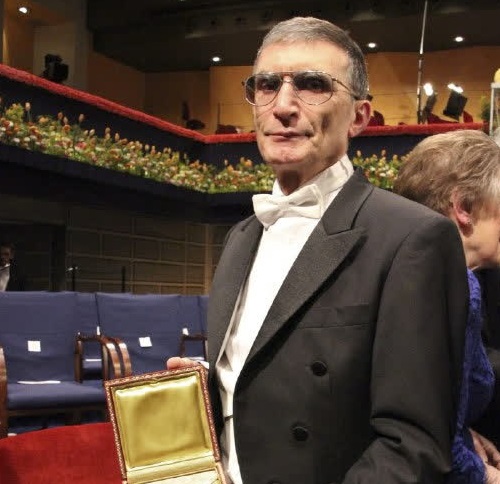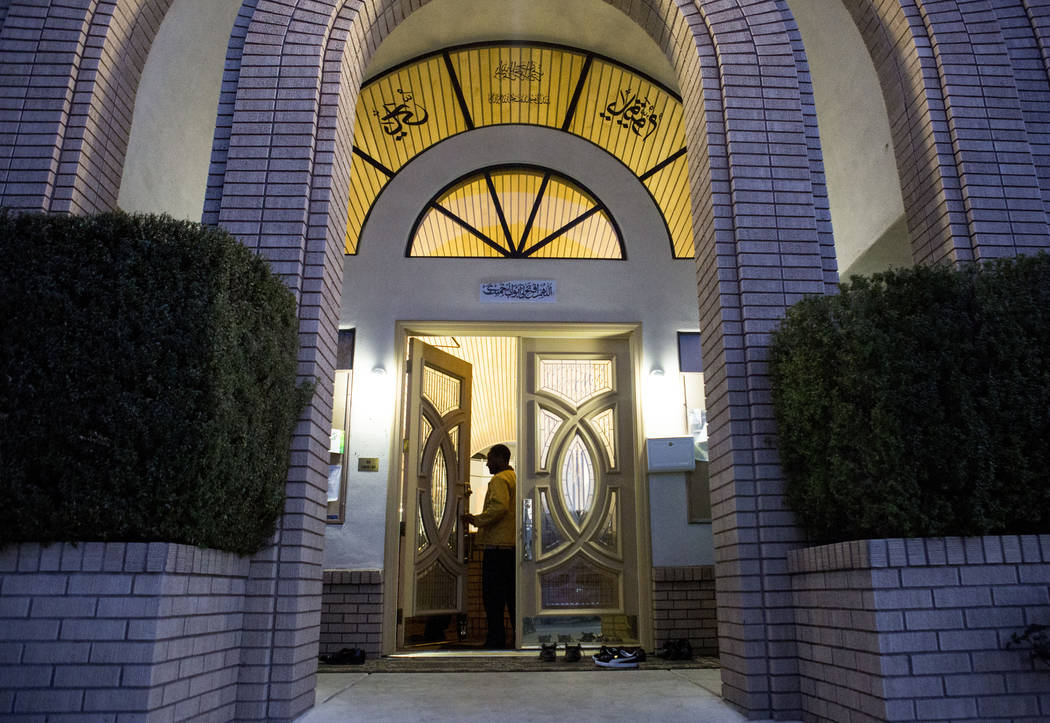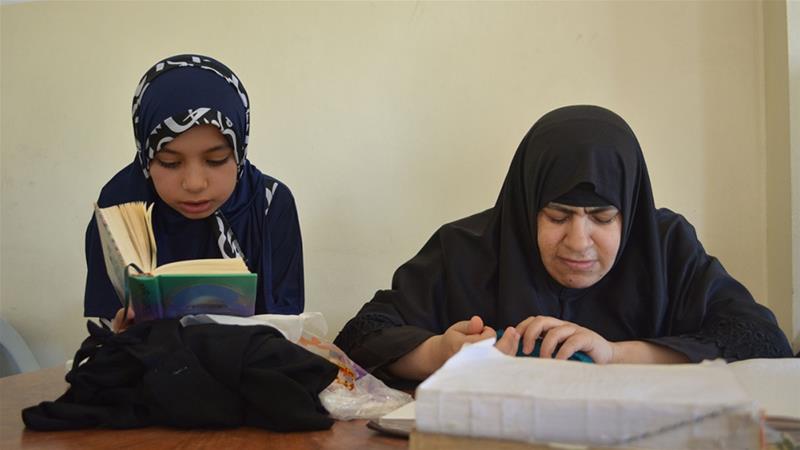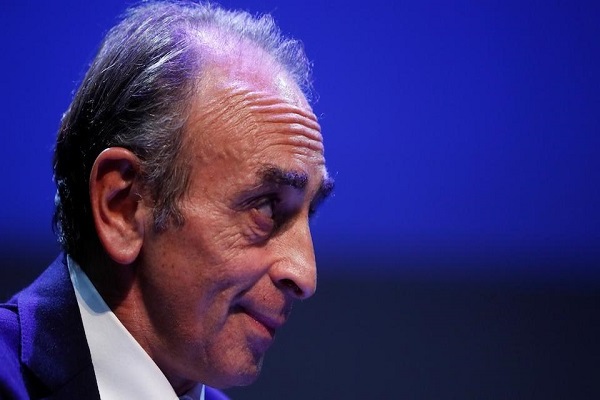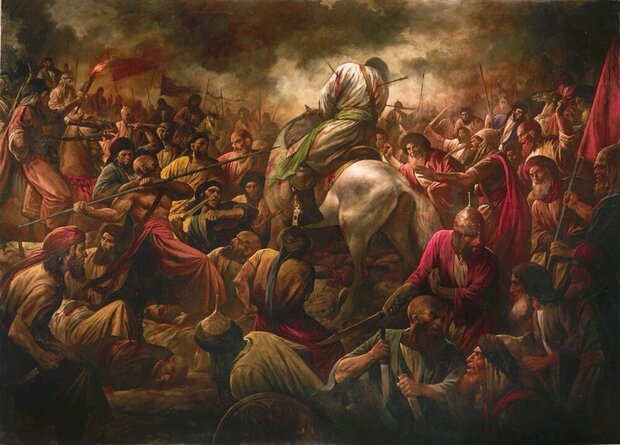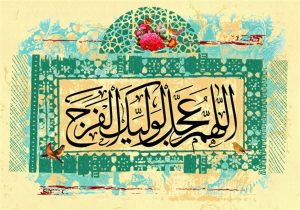According to rahyafte (the missionaries and converts website):Dr. Aziz Sancar, a Turkish-American biochemist, was awarded the Nobel Prize in Chemistry in 2015 for his groundbreaking work in the field of DNA repair. His scientific contributions not only revolutionized our understanding of cellular processes but also reflect the intersection of his Islamic faith with his scientific pursuits.
Early Life and Education:
Aziz Sancar was born on September 8, 1946, in the town of Savur in the Mardin Province of Turkey. Raised in a devout Muslim family, he was instilled with a strong work ethic, discipline, and a sense of moral responsibility from a young age. His father, a schoolteacher, and his mother, a homemaker, emphasized the importance of education.
Sancar pursued his undergraduate studies in Istanbul, Turkey, before obtaining his medical degree from the Istanbul Faculty of Medicine. However, his scientific curiosity led him to shift his focus towards biochemistry. He pursued a Ph.D. in the United States, earning his doctorate from the University of Texas at Dallas.
DNA Repair Discoveries:
Dr. Sancar’s Nobel Prize-winning research primarily focused on DNA repair mechanisms. He meticulously unraveled the intricate processes by which cells repair damaged DNA, especially the mechanisms related to the repair of DNA damaged by ultraviolet (UV) radiation from the sun.
One of his most significant discoveries was the identification of the photolyase enzyme, which is responsible for repairing UV-induced DNA damage. His work provided crucial insights into how living organisms protect themselves from the harmful effects of UV radiation and prevent mutations that can lead to diseases such as cancer.
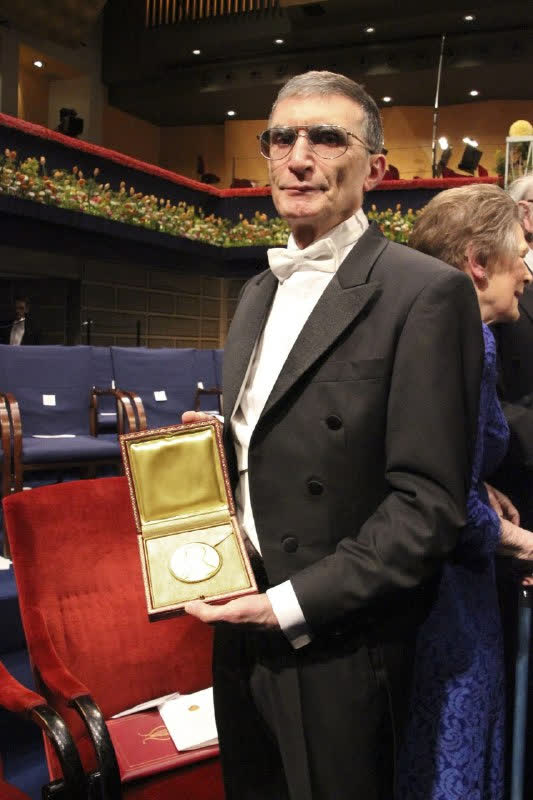
The Intersection of Faith and Science:
Dr. Sancar’s journey in science was deeply influenced by his Islamic faith and upbringing. He often emphasized the harmony between his religious beliefs and scientific pursuits. In interviews, he spoke about how Islam encourages the pursuit of knowledge and understanding the natural world as a means of fulfilling one’s religious duties.
His dedication to rigorous scientific research and his commitment to his faith served as an inspiring example of how science and religion can coexist and even complement each other. Dr. Sancar saw no conflict between his role as a scientist and his identity as a Muslim.
Legacy and Impact: The Nobel Prize in Chemistry awarded to Dr. Aziz Sancar in 2015 not only recognized his remarkable contributions to the field of molecular biology but also celebrated the compatibility of science and faith. His work continues to be influential in understanding DNA repair mechanisms and their implications for human health.
Dr. Sancar’s story underscores the importance of nurturing a spirit of inquiry and curiosity, irrespective of one’s background or beliefs. His achievements demonstrate that dedication, persistence, and a deep sense of purpose can lead to groundbreaking discoveries that benefit humanity, all while staying true to one’s faith and values. @rahyafte_en
